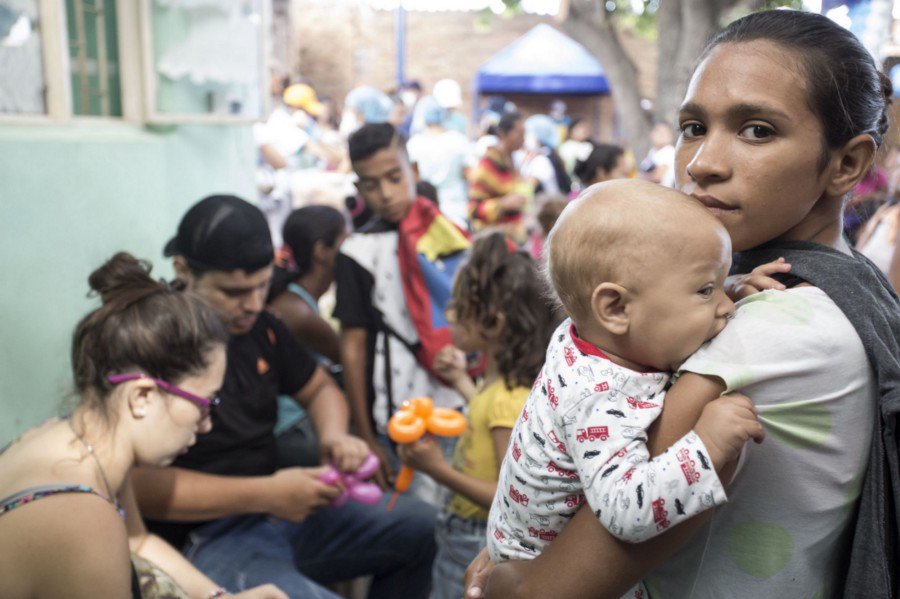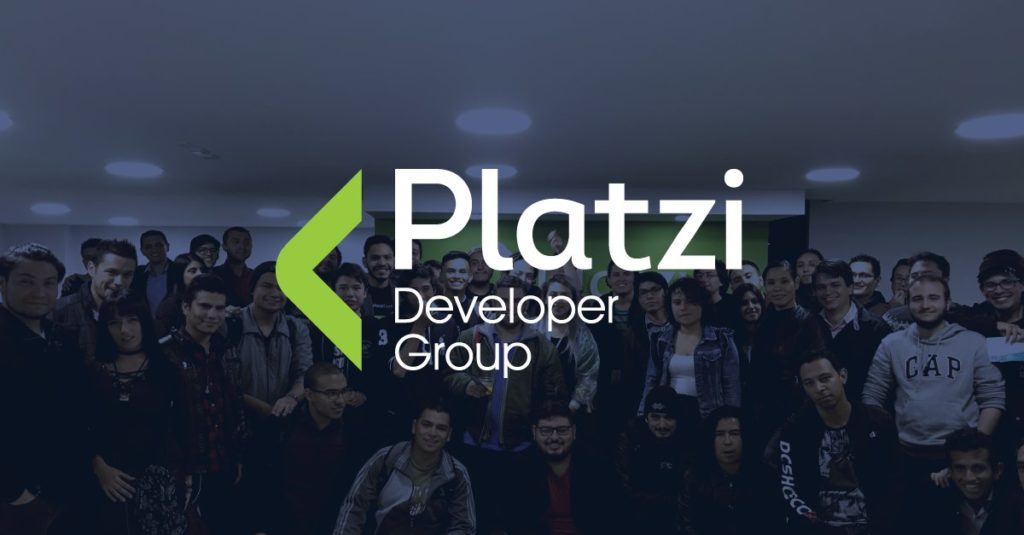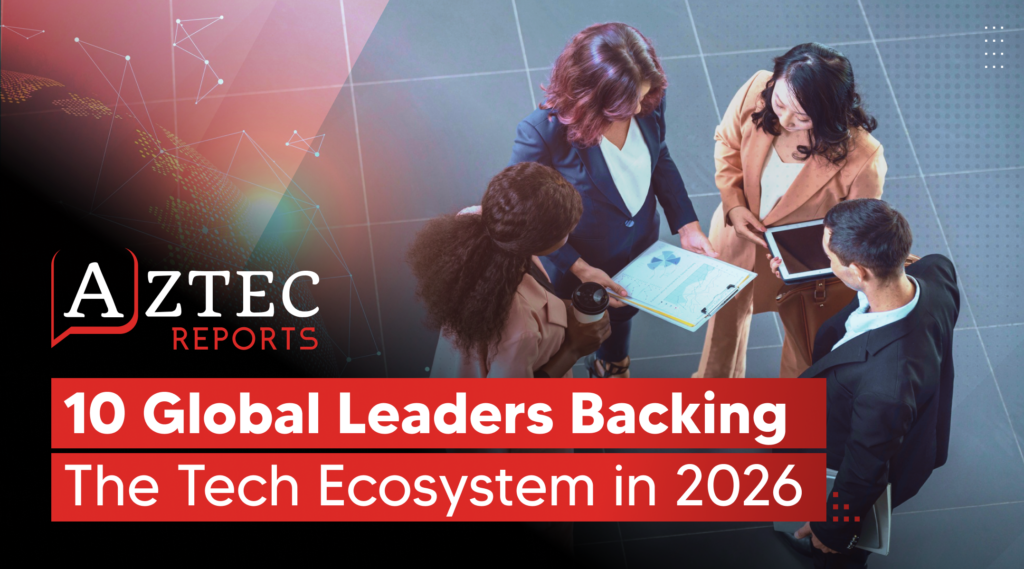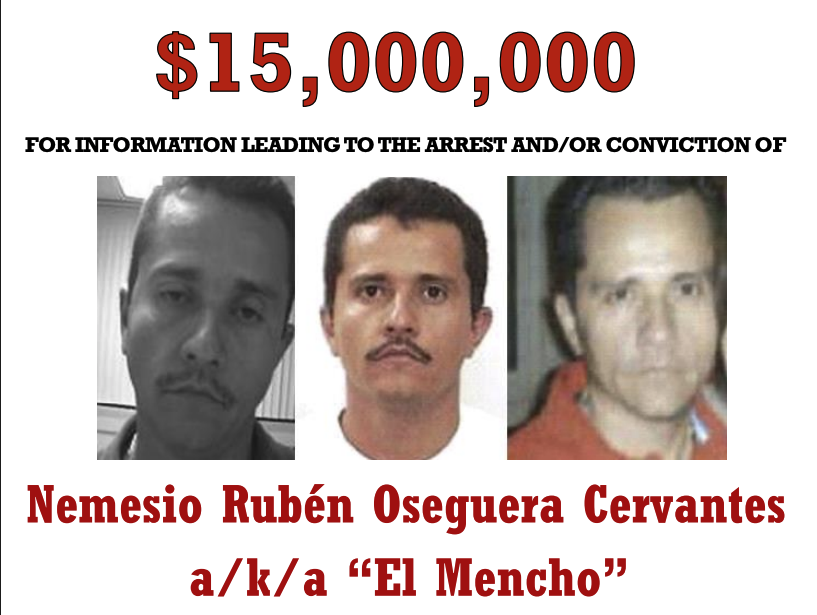One in three Mexicans who participated in the recent Mexican election, which saw leftist candidate Andres Manuel Lopez Obrador come out on top, had received an offer to buy their vote.
According to Mexican journal Animal Politico, a recent survey by Accion Ciudadana Frente a Pobreza (Citizen Action Against Poverty) had discovered that up to 35.5% of eligible voters were offered money in return for voting a specific way. A further survey which was released this Monday named Democracy without Poverty then revealed that 17.3% denied the offer, whilst 10% agreed and received a reward and a further 6% agreed to voter fraud yet received nothing.
The large scope of voter payment is believed to be linked to poverty levels throughout the country and saw payment offers between 500 to 10 thousand pesos (up to $500 USD). Of course the extent to which voter payment affected the final vote is unclear, however, it is believed that the largest payers were ‘Todos por Mexico,’ which included the parties PRI, PVEM and Panal, none of which won the final vote.
It has been suggested that the strategies surrounding vote-buying can happen years before an election even takes place by putting important candidates in roles that have influence over social funding. Alternatively, it can occur days if not a matter of hours before the final vote is cast, in which members of the party can directly approach people they believe will sell their vote.
According to El Pais, over 34 million Mexican citizens were reported to be living in shanty towns and cannot afford proper housing. Amongst high crime rates, it is also the number of people toeing Mexico’s poverty line across the country which could have had an effect on voting payment. As well as cash handouts, voters were also offered food, fuel, raw and construction materials which were reportedly then funnelled through social programmes. Despite calls from AMLO to heighten the war on corruption throughout the country, the recent statistics surrounding Mexico’s voter buy-offs reveal a stark reality of poverty that is unlikely to be resolved with just the purchase of a vote.
Not only is the vicious circle of profiting from poverty through a one-off payment, not a solution, it is also not constrained to voting systems just within Mexico. In the recent Colombian elections, which saw right-leaning candidate Ivan Duque take the Presidency, there have been further revelations that speak of embezzlement of school meals, food bribes at polling stations and even cash handouts of around 100,000 COP (around $35USD) for prospective voters; exposing the undocumented extent to which Latin America’s elections demand a just and balanced re-shake.
At this point, however, with Mexico’s next president set to take his seat this December, one might also ask how effective voter payoffs actually are, especially considering that the previously-elected PRI experienced substantial losses in the recent election. Although poverty continues to be rife throughout the country, Animal Politico has since pointed out that a number of people who agreed to receive payment for their vote, in fact, ended up voting the way which they had originally intended, and the fear of reprisal had reduced in the voting system.
The question remains as to what solution can be reached in order to ensure that voter corruption can decrease in the future. The obvious answer is to tackle the extreme poverty that places families in positions of hunger and desperation because basic necessities cannot be met. The other would to be to inwardly tackle the institutions which opt for paying off voters in the first place. It’s a big task for Lopez Obrador.









